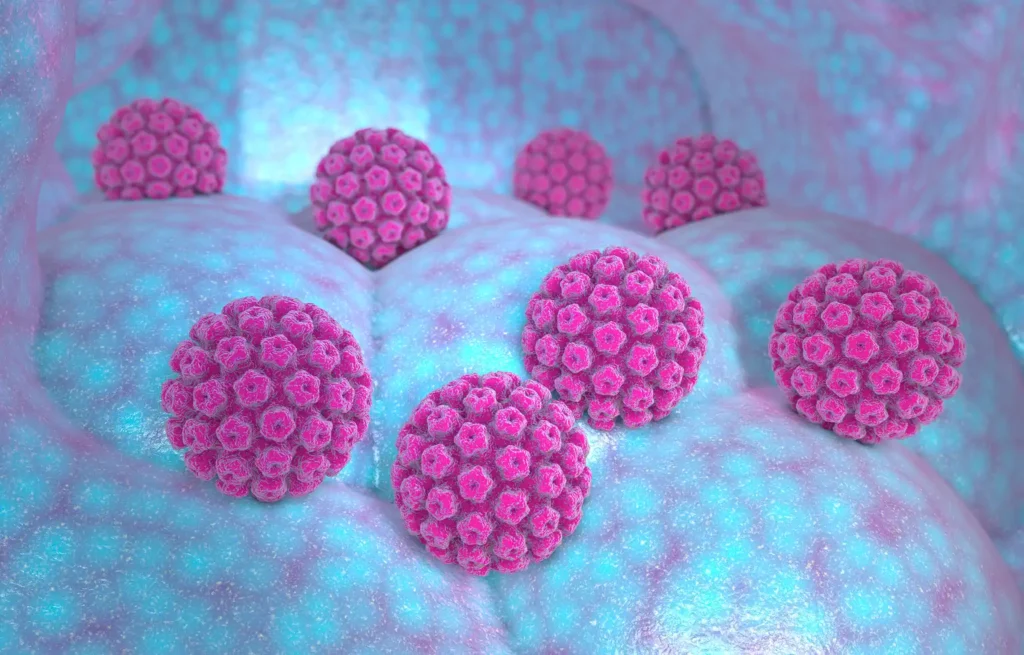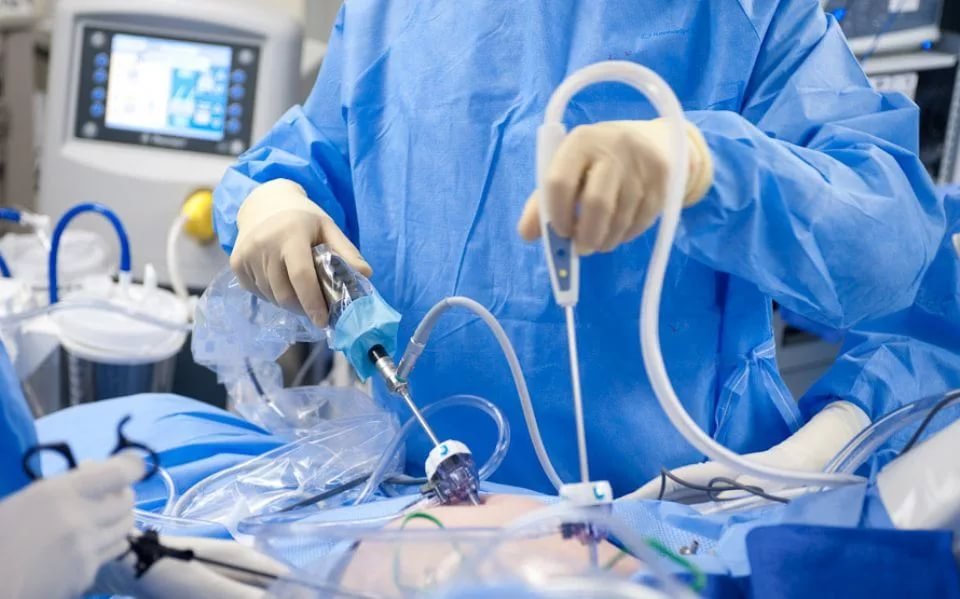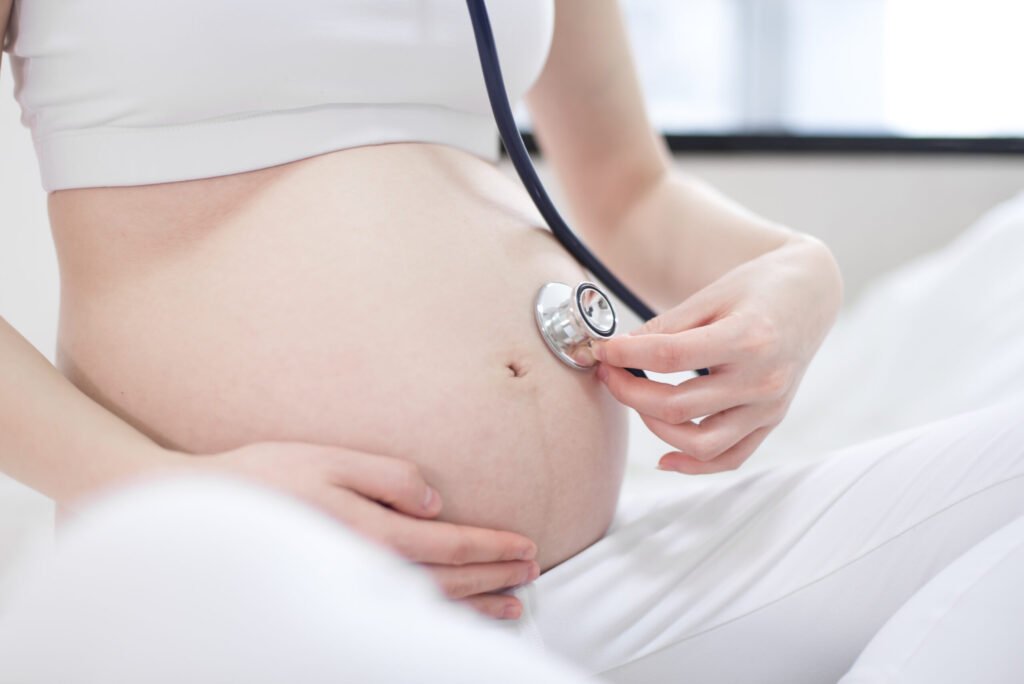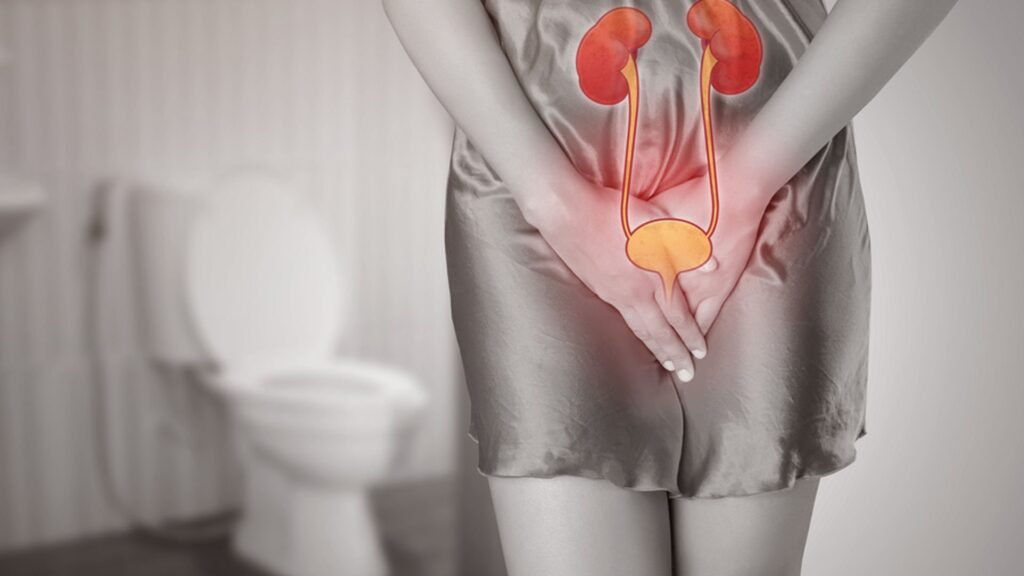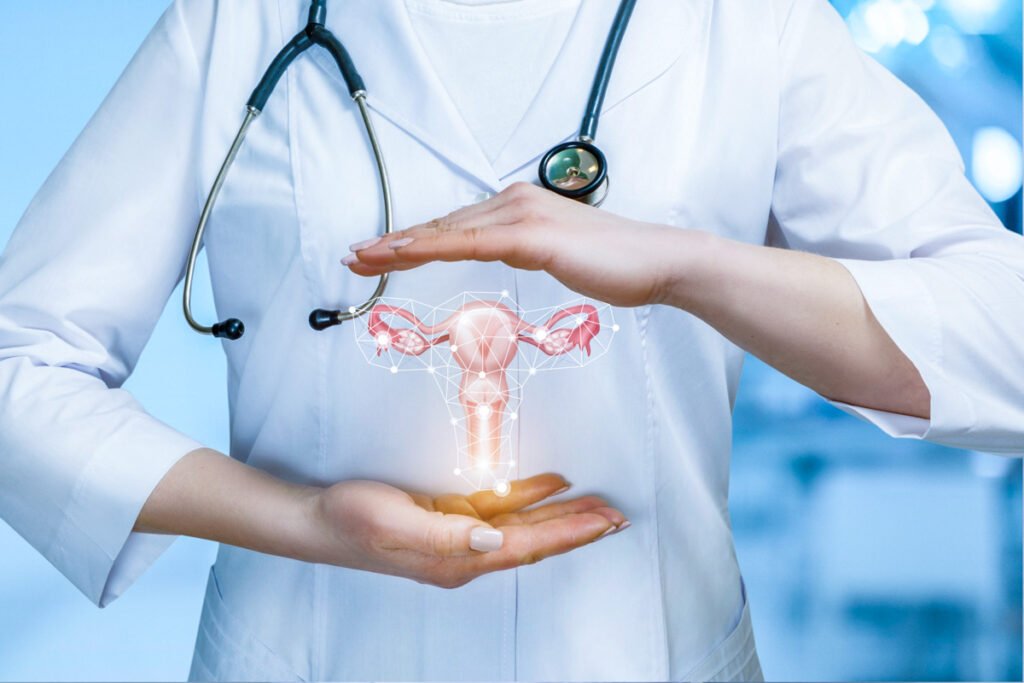Assoc. Prof. Dr. İlkin Yeral is a highly skilled and experienced gynecologist with expertise in various fields of women’s health. With a distinguished career spanning many years, he has made significant contributions to the field of gynecology through his clinical practice, research, and teaching.
Dr. İlkin Yeral completed his medical education at Ankara University Faculty of Medicine in 2006. Following his graduation, he embarked on his specialization journey in Obstetrics and Gynecology at Dr. Zekai Tahir Burak Women’s Health Training and Research Hospital. During his residency, from July 2007 to April 2012, he honed his clinical skills and gained valuable experience in managing gynecological conditions and surgical procedures.




